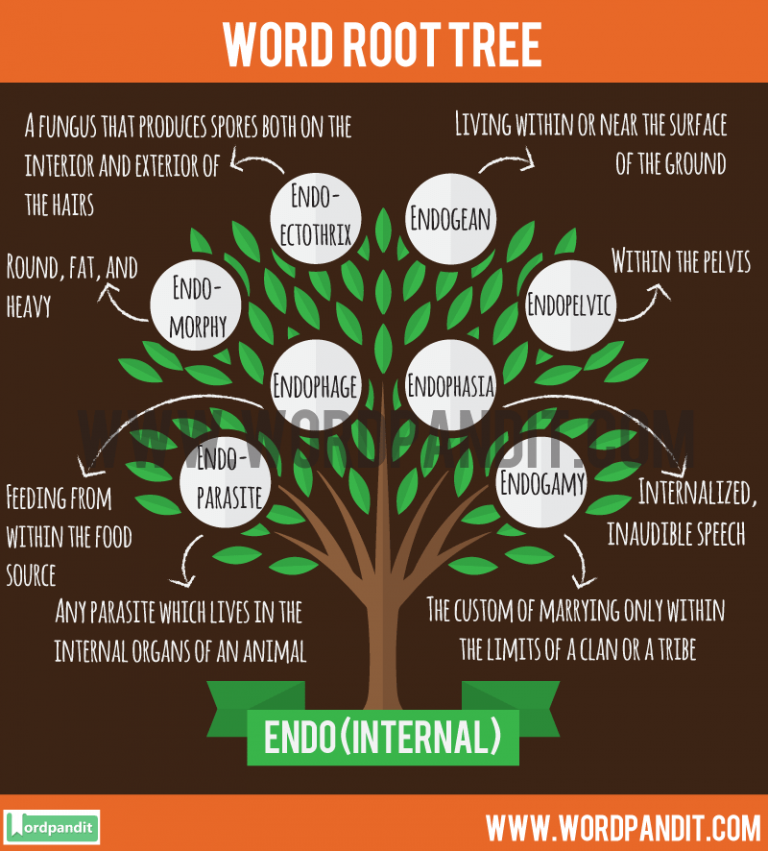

It promotes specialization and competition. This is entrepreneurship, protected and supported by law. The difficult task has “bedevilled” the court for decades.ĭeceptive contractorship should not be mistaken for independent contractorship which is perfectly legal. To draw the dividing line between employment relationship and contractorship is not at all easy. It is as reprehensible as the “endo contractualization” but much harder to delineate. In effect, the employee becomes “contractual”. The worker, badly in need of a job, has no choice, but to sign a contractorship contract. The problem is that there are people who hire people but label them as “contractors” although in fact they are employees. All the obligations of an employer are on the shoulders of the contractor because a legitimate contractor is himself/itself an employer. The contractor, as employer, and its workers, as its employees, are covered by the Labor Code.

That is the essence of independent contractorship. The contractor should be government-registered, adequately capitalized to operate independently, and capable of supervising its employees who render a particular line of work to client-contractees. Contractorship is often a legitimate pursuit of a particular line of business.
#ENDO MEANING PHILIPPINES CODE#
By considering an employee as a contractor, the hirer is able to evade the obligations of an employer, such as the SSS registration, payment of Labor Code employment benefits, e.g., holiday pay, 13th month pay, etc.īut contractorship in contrast to employment is not necessarily wrong. Supervision or control of the manner, means and details of work execution and even of the worker’s conduct at the workplace, is the hallmark of an employment relationship. Employee status, on the other hand, puts the worker under the Labor Code’s protective umbrella.

Note that the ruling was issued nineteen years ago.Ī contractor is not an employee and therefore not covered by the Labor Code. And I am not sure whether the labor inspectors (now called LLCO – labor law compliance officer) have been alerted or instructed to enforce the ruling. As far as I know, no DOLE advisory has been issued to inform or to warn employers and employees about the court’s declaration of nullity of the “endo” scheme. Unfortunately, after the court’s ruling came out on December 12, 1997, contractualization (a term coined and popularized probably by workers) did not stop. The ruling has the effect (hopefully) of making “5-5-5” and “E.O.C.” things of the past in numerous workplaces.” (2012 edition, p.327 2015 edition, p. At the end of the period, the workers will be replaced by the next five-month employees because of “E.O.C.” (end of contract or “endo”). Such periods should be struck down or disregarded as contrary to public policy…”įollowing this summarization of the Supreme Court ruling, the author explains: “What struck down immediately is the all-too-common practice of hiring operating personnel batch-by-batch, each batch under a five-month contract. If it is shown that that is the purpose of the contract, then it will be declared null and void from the beginning or ab initio. “The court emphasized that fixed-term employment will not be considered valid, where, from the circumstances, it is apparent that periods have been imposed to preclude acquisition of tenurial security by the employee. A quick way to explain this is by quoting from the book Everyone’s Labor Code: The ruling struck down as “contrary to public policy” the company’s practice of employing workers batch-by-batch each batch stays for only five months, to be replaced by the next five-month batch. The announced plan to ban contractualization has merits if it means enforcement of the Supreme Court ruling in 1997 in a case involving a well-known food manufacturing company. And what harms business ultimately harms labor by way of withheld investments and decreased job opportunities. Both are difficult to handle because a wrong action against them can harm business. One meaning is “endo” or end of contract. The loud public talk to ban contractualization suggests the need to be clear about its different meanings. Contractualization therefore has no official or standard definition. Contractualizaton is a term not found in the Labor Code and not even in the rules and regulations issued by DOLE.


 0 kommentar(er)
0 kommentar(er)
